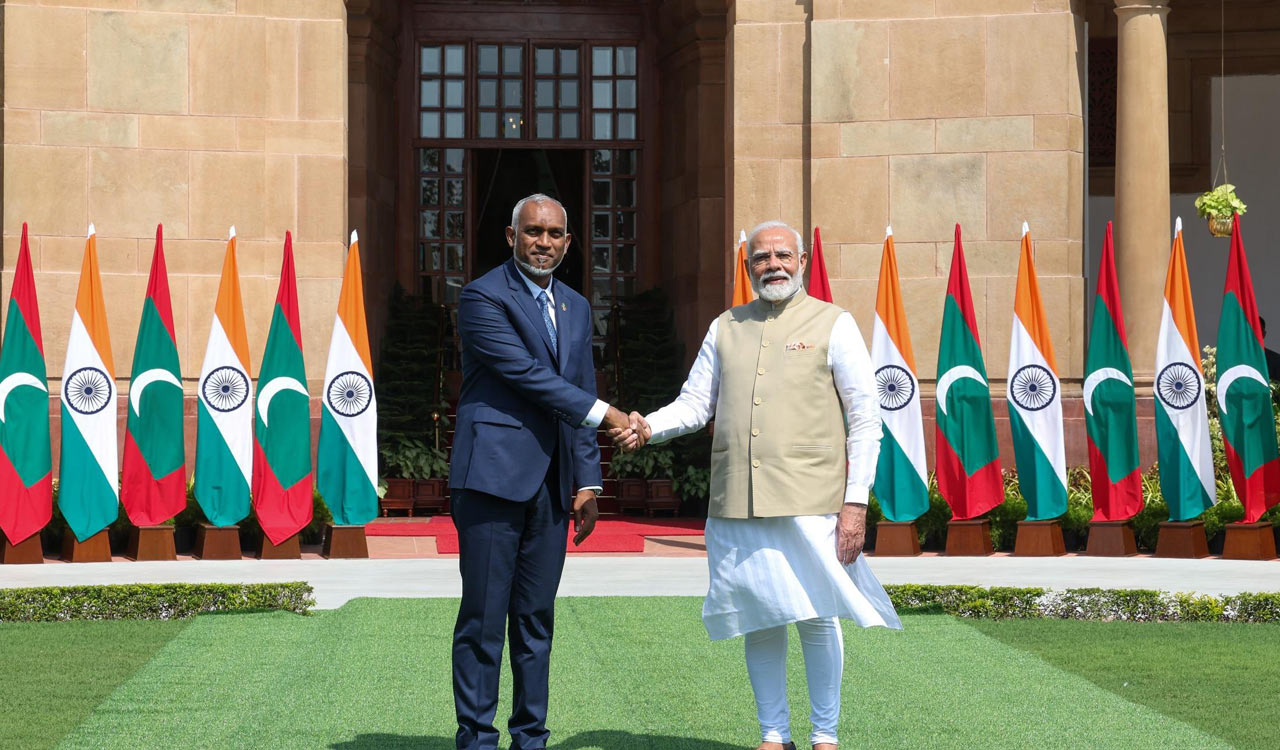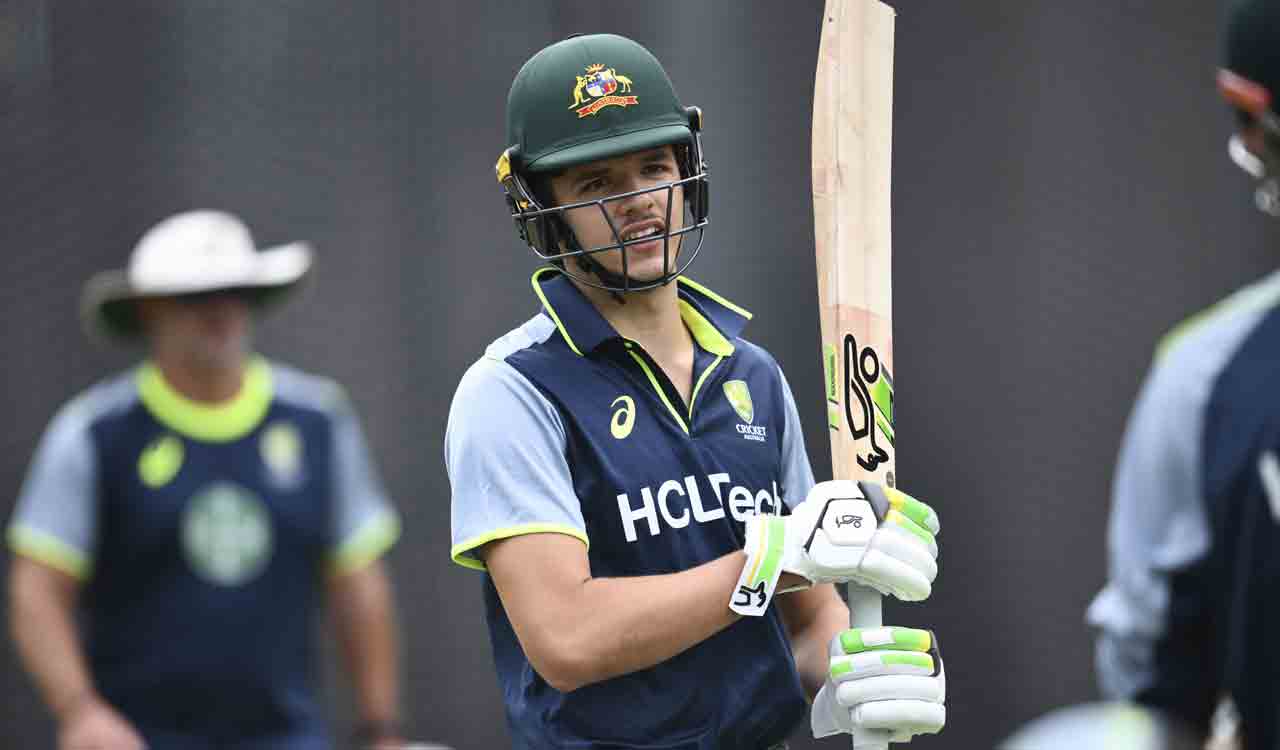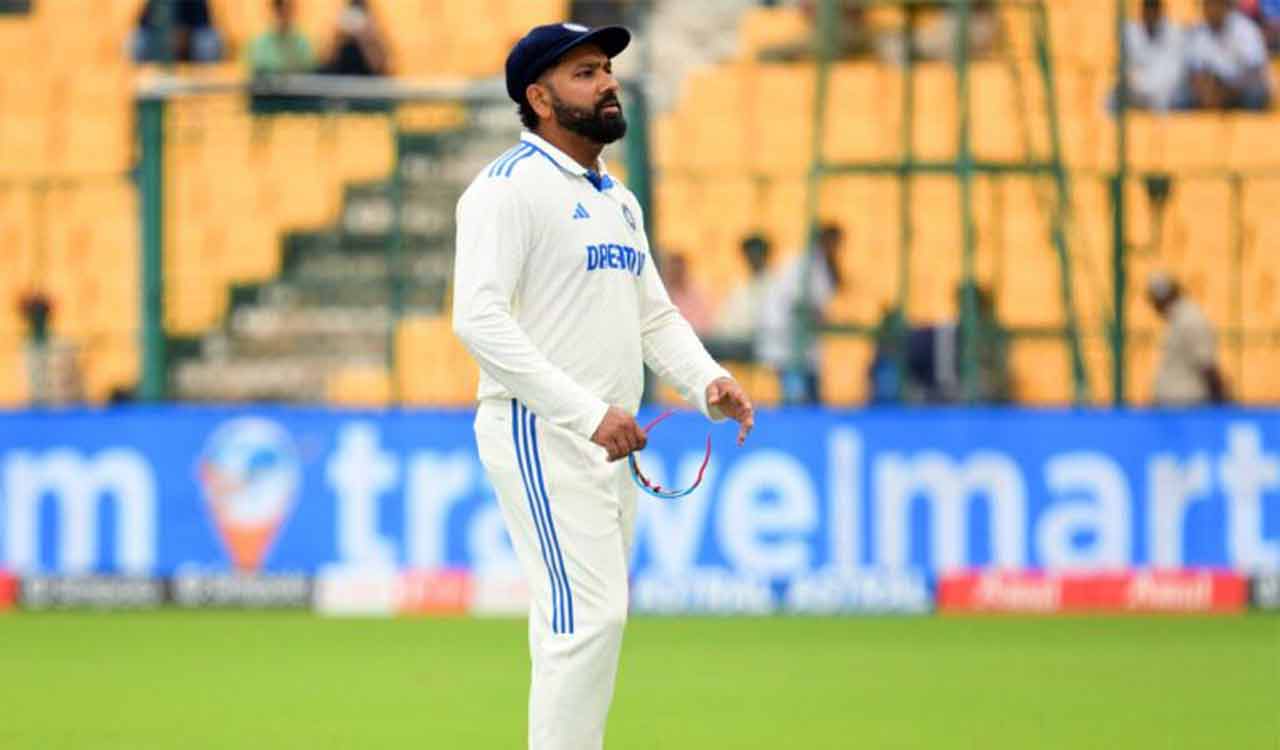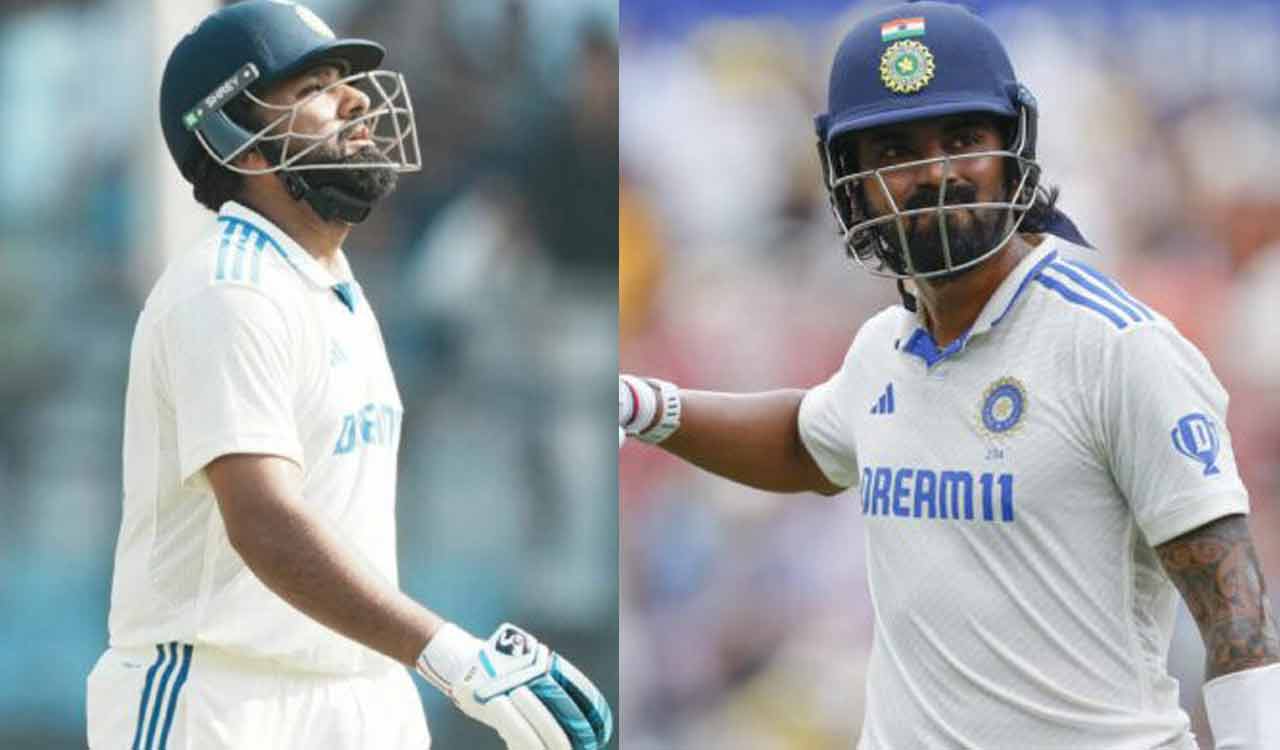Editorial: Bonhomie is back
The visit of Maldivian President Mohamed Muizzu and his reassuring words have helped in resetting the bilateral ties

After being caught in a storm, the India-Maldives bilateral journey is now back on smooth sailing. It required some deft navigation from both sides to overcome the tempest. The traditional bonhomie has returned as the strained ties have been repaired. The visit of Maldivian President Mohamed Muizzu to India and his warm and reassuring words have helped in resetting the bilateral ties that have suffered considerable strain in recent times. For someone who had campaigned on an anti-India plank in the elections and was seen as a pro-China leader, it was a spectacular U-turn for Muizzu when he spoke about how India was a valued partner and an all-weather friend and how the bilateral relationship was built on mutual respect and shared interests and promised that his country would never take any step that could undermine India’s security. After a ceremonial welcome and a fruitful meeting with Prime Minister Narendra Modi, he made a special appeal to Indians to visit his country to boost tourism, the mainstay of the archipelago nation’s economy. The Maldives is known for its pristine white sand beaches and natural beauty. Earlier this year, an unsavoury saga created tensions in the bilateral relations when three Maldivian ministers — Mariyam Shiuna, Malsha Sharif and Hassan Zihan — made “derogatory remarks” targeting Narendra Modi following his visit to Lakshadweep to promote domestic tourism. They were subsequently sacked. The ties were further strained after Muizzu set a May 10 deadline for Indian military personnel to leave his country.
Tourism, the backbone of the Maldivian economy, took a severe beating as the anti-India remarks, amplified by the social media posts, triggered angry reactions from India with many Indians cancelling their plans to visit the popular tourist destination. This led to a sharp dip in the flow of tourists from India. However, all the rancour now appears to be a thing of the past. On his first state visit to India after assuming office in November last year, Muizzu ticked all the right boxes and extended an olive branch to Indians. While the ‘India out’ campaign in the past may have helped him win the presidential election, the strategy has outlived its utility and, instead, started impeding Maldives’ economic recovery. The tourism-dependent island nation’s external debt is rising and its foreign exchange reserves are falling. With China having a dubious track record of luring small countries into a debt trap, Muizzu must understand that Maldives’ relationship with India will be far less transactional. The fact remains that the Maldives is a mere 700 km from the Indian coast and over 6,000 km from China, and India has always been the first respondent in the hour of crisis. While China’s strategic interests in the Indian Ocean make smaller littoral states perfect targets for Beijing’s diplomatic outreach, New Delhi too must continue to engage with Male.
Related News
-
Cartoon Today on December 25, 2024
7 hours ago -
Sandhya Theatre stampede case: Allu Arjun questioned for 3 hours by Chikkadpallly police
7 hours ago -
Telangana: TRSMA pitches for 15% school fee hike and Right to Fee Collection Act
7 hours ago -
Former Home Secretary Ajay Kumar Bhalla appointed Manipur Governor, Kerala Governor shifted to Bihar
7 hours ago -
Hyderabad: Organs of 74-year-old man donated as part of Jeevandan
8 hours ago -
Opinion: The China factor in India-Nepal relations
8 hours ago -
Editorial: Modi’s Kuwait outreach
8 hours ago -
Telangana HC suspends orders against KCR and Harish Rao
9 hours ago




